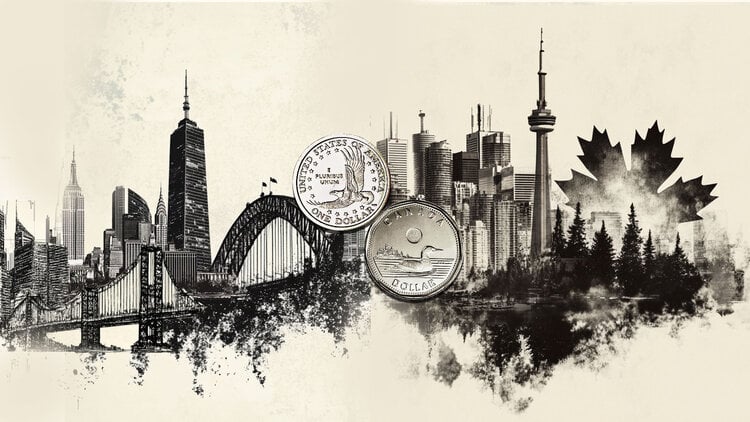For the first time in more than two years, Brazil registered deflation, with a decline in the Extended Consumer Price Index (IPCA) for July, by 0.68%. In an interview with CNN This Saturday (13), the economics professor at the Fluminense Federal University (UFF) Julia Braga explained that the increase in Auxílio Brasil should not generate inflationary pressure.
“I don’t believe this [auxílio] be an element that puts pressure on inflation”, evaluated the economist. According to her, the “inflationary phenomenon that Brazil is experiencing, in particular, and that the world is experiencing in general, is a phenomenon related to costs. It’s not demand inflation.”
According to the specialist, the reduction in the IPCA in July “is basically a result of the tax relief that occurred both on gasoline and electricity”.
“Inflation is felt more strongly in low-income families, because a greater part of their budget is allocated to basic items, such as housing, food and electricity. So electricity gave a relief, but food still has very strong inflationary pressure,” she said.
The index provides a weighted average of several prices of items that represent a basket of consumer goods. Together, electricity and gasoline correspond to 10% of the total weight of the IPCA. “Any variation in the price of gasoline and electricity has a very high impact on this index”, explained Braga.
Regarding the coming months, the specialist said that the expectation is that the month of August will also bring deflation, but the subsequent months will register inflation again.
Watch the full interview in the video above.
Source: CNN Brasil
I am Sophia william, author of World Stock Market. I have a degree in journalism from the University of Missouri and I have worked as a reporter for several news websites. I have a passion for writing and informing people about the latest news and events happening in the world. I strive to be accurate and unbiased in my reporting, and I hope to provide readers with valuable information that they can use to make informed decisions.







